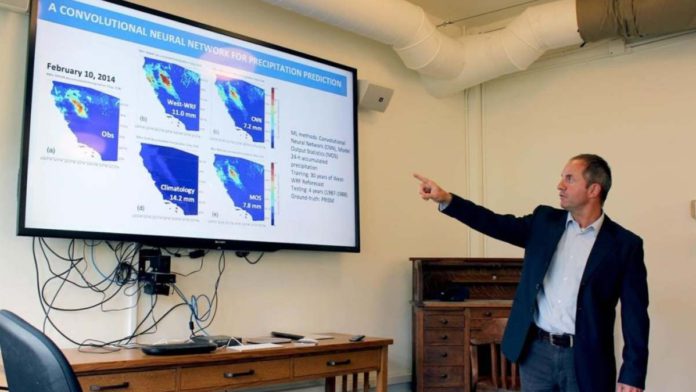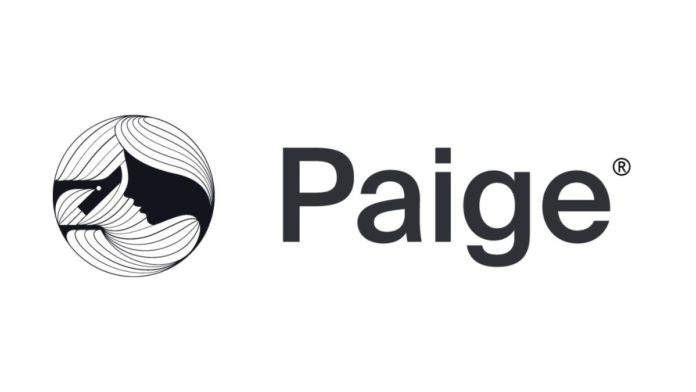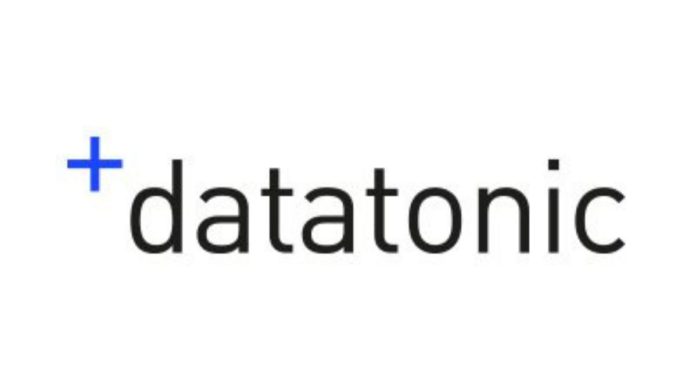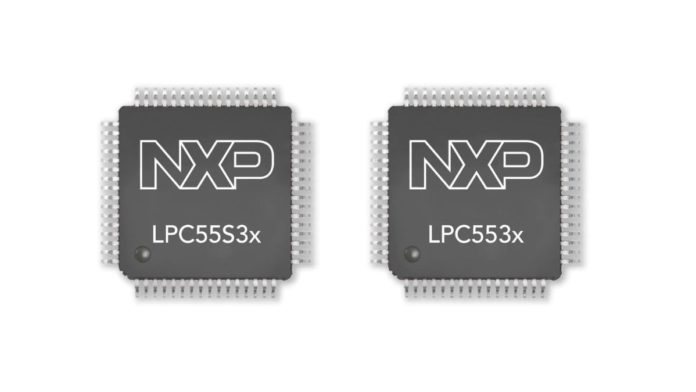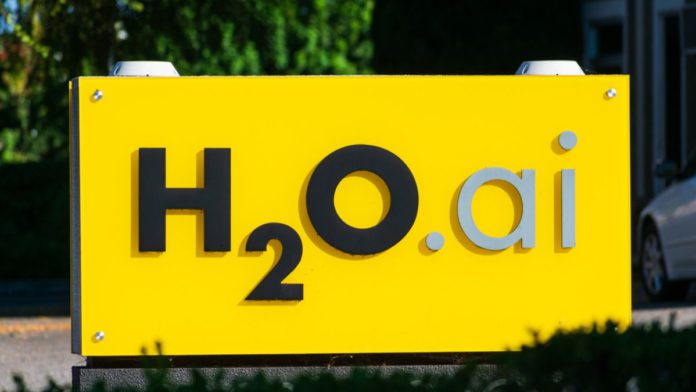The new Machine Learning Specialization by the co-founder of Coursera and Google Brain Andrew Ng is now available on Coursera. The course is offered by DeepLearning.Al and Stanford Online.
In three beginner-friendly courses, the Specialization will focus on the fundamentals of machine learning and provide practical experience in building and training models using Python.
Unlike the previous editions of the course, which required more math knowledge, this new Machine Learning Specialization is designed to be more accessible for first-time learners.
Read More: Andrew Ng Announces A Data-Centric AI Competition
The new Machine Learning Specialization course covers core artificial intelligence principles through an intuitive visual method. The updated curriculum involves all the essential and relevant topics related to machine learning.
The course has multiple subjects like deep learning, neural networks, deep neural networks, and many other related topics.
Stanford and DeepLearning.ai are jointly offering the course to impart critical knowledge and skills related to machine learning to learners. The course aims to help learners build careers in the rapidly growing artificial intelligence industry.
Click here to enroll.





